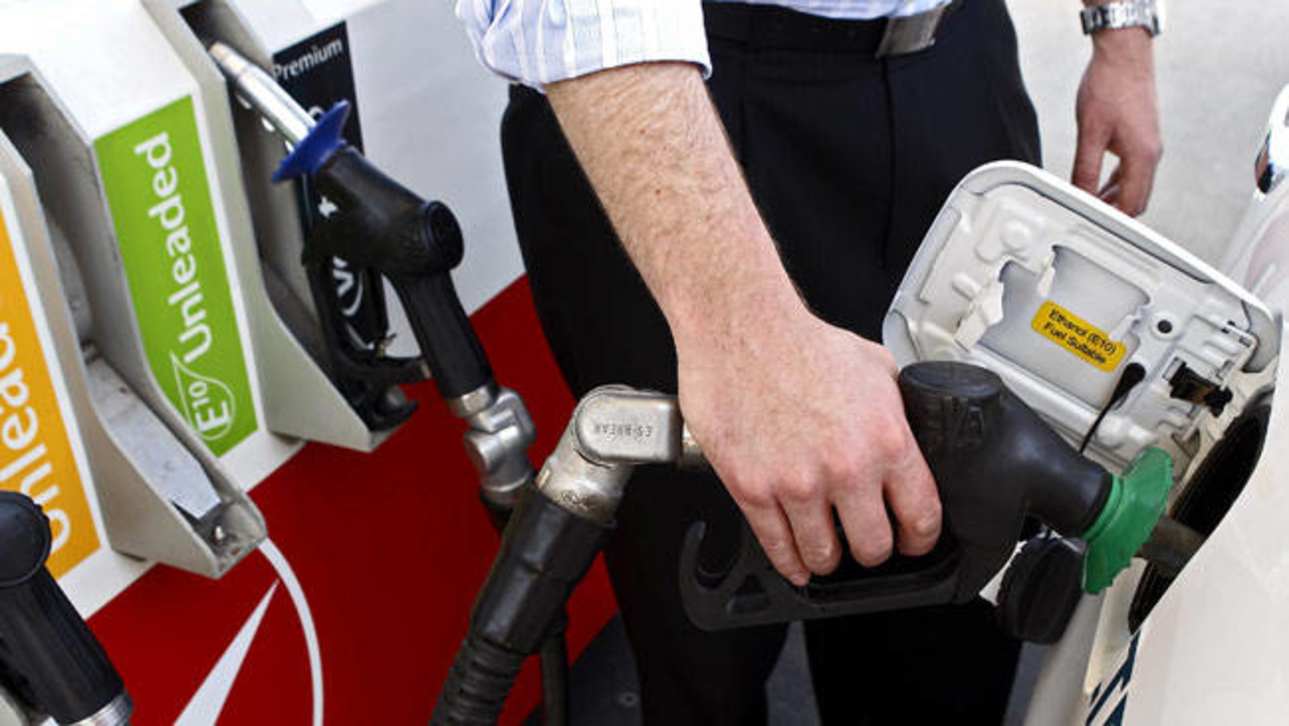Australia’s car fleet is running on some of the dirtiest, most emissions-intensive fuels in the world because we have no vehicle-emissions standards and no plans to do anything about it until at least 2027.
While you might assume that Australia’s reticence to adapt zero-emission electric vehicles is our biggest problem when it comes to the issue of transport-related climate change, it’s actually the dirty, third-world-standard fuel we’re putting the in the cars we do use every day that’s the major issue.
The result is that Australian cars pollute more per kilometre than other comparable countries.
Australia’s average emissions-intensity for passenger vehicles is 45 per cent higher than Europe’s, largely because of the dirty fuel we use and the fact that we can’t import the most economical, modern engines as our petrol and diesel is not clean enough for them to run on.
Australia is one of only six countries in the OECD not to have any vehicle-emissions standards. Our fuel quality is also among the worst in the group, with a maximum of 150 parts per million (ppm) of sulphur for 91 octane regular unleaded, and up to 50 ppm for our 95 and 98 premium unleaded. Both of those standards were banned in Europe 10 years ago.
Just as the Australian government is doing almost nothing to encourage the take-up of EVs – while other countries throw incentives at their citizens – our leaders have done similarly little when it comes to lifting the standard of fuel we use.
According to transport analyst Petra Stock: “We don’t have any mandatory standards when it comes to greenhouse emissions from our cars, while in 80 per cent of the global car market they have these vehicle-emissions standards in place.”
“It takes time for these standards to drive down emissions in the transport sector. So, the sooner they are in place, the greater effect they will have on transport pollution,” she said.
The government has been “consulting” on mandatory standards for fuel emissions since 2015, while those standards have been in place for at least a decade in countries like Japan, the US and even China.
Transport is the third largest source of emissions in Australia, behind electricity and the stationary energy sector, and it is the fastest growing. Our road-vehicle fleet is one of the emissions-intensive in the world (and our aviation emissions are, per capita, the world’s highest).
As the government would no doubt point out, of course, the trade-off is that our dirty fuel is cheap.
In global terms, we are ranked the 18th cheapest country in the world to buy fuel, with an average price of $US3.09 a gallon, compared to the US at $2.50, Italy at $6 and New Zealand at $4.91, which ranks 41st in the world for affordability.
Speaking of New Zealand, its 2021 plan for a Clean Car Standard and a Clean Car Discount will put a fee on sales of high-polluting cars, and the money collected from that will be used to fund subsidies for new, lower-emission cars.
The plan aims to reduce that country’s CO2 emissions, as a result, by five million tonnes.
Australia’s Ministerial Forum on Vehicle Emissions was established in 2015 to coordinate a “whole-of-government approach” to the issue. So far it has come up with no legislation at all to bring Australian fuel standards in line with best international practice.
In some countries, including the UK, the amount of registration you pay for your car is based on its emissions, a simple system that is not even part of the regulatory discussion in Australia.
Last year, the federal government quietly let it be known that it would leave our current standards unchanged until 2027, allowing us to continue to sell cheap, and dirty, 91 octane regular unleaded. This means Australia may well miss out on a range of eco cars that can only run on low-sulphur unleaded fuels.
The sticking point is the petroleum industry, which says it would suffer greatly if fuel standards were changed, as it would have to change the way its oil refineries operate, and that would cost money, and jobs, and “threaten fuel security”. The 2027 deadline was nominated by the petroleum industry, which said it needed that much time to upgrade its facilities.
Car companies like Volkswagen, on the other hand, say they can’t give us the best technology available because their most modern vehicles are not designed to run on our low-quality fuel.







.jpg)


.jpg)
.jpg)


.jpg)





Comments